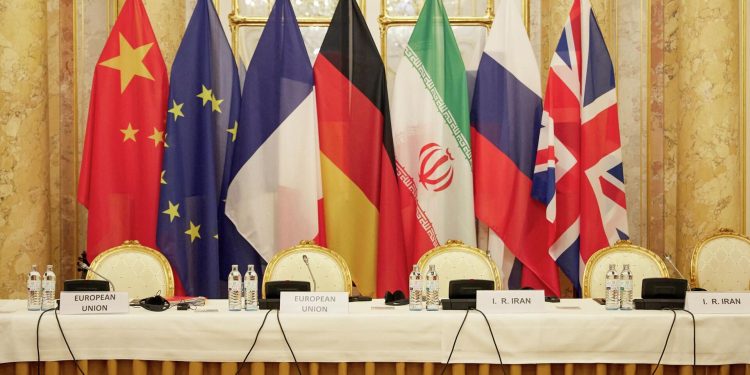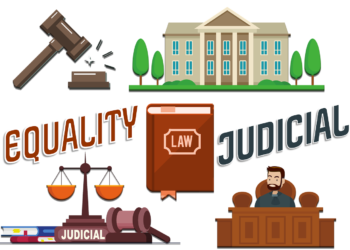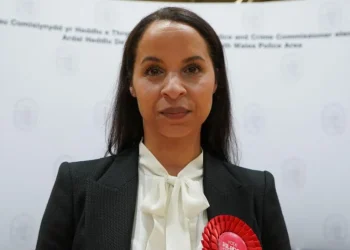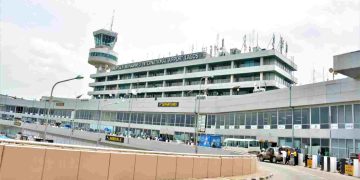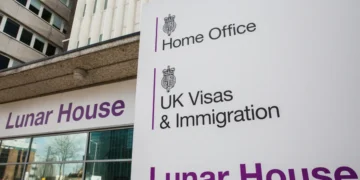IRAN NUCLEAR DEAL: The Islamic Republic of Iran, the United States and the European Union have each confirmed on Wednesday that they are sending delegations to Vienna, Australia for the continuation of attempts to resuscitate the Iran Nuclear Deal.
Basic Facts
- The current effort by the relevant parties in Vienna appears to be a last-ditch effort at reviving talks over Tehran’s tattered 2015 nuclear deal with world powers.
- The European Union official who chairs the talks, Enrique Mora, wrote on Twitter that the negotiations would focus on the most recent draft on restoring the agreement, while Tehran said it was dispatching nuclear negotiator Ali Bagheri Kani to the Austrian capital.
- US Special Representative for Iran Rob Malley was expected to go to Vienna for the talks on Thursday, two American officials said. They spoke on condition of anonymity to discuss the plans before they were announced.
- Iran’s Foreign Ministry spokesman says the country’s lead negotiator in Vienna talks and his accompanying delegation are set to leave for the Austrian capital on Wednesday to resume the talks aimed at reviving the accord and lifting sanctions.
- It wasn’t immediately clear if other parties to the landmark accord like Russia and China would attend the surprise summit, nor if there had any progress after a month long stalemate and fruitless round of indirect talks between Iran and the US in Doha.
Takeaway
The prospects for the deal’s restoration have darkened in the past few months with major sticking points remaining, including Tehran’s demand that Washington provide guarantees that it won’t again quit the pact and that it lift terrorism sanctions on Iran’s paramilitary Revolutionary Guard.
The abruptly called meeting in Vienna comes after EU foreign affairs chief Josep Borrell has repeatedly pushed to break the deadlock and salvage the deal in past weeks. He recently wrote in The Financial Times that “the space for additional significant compromises has been exhausted.”
Catch-up
Former President Donald Trump withdrew the US from the 2015 deal, which lifted most international sanctions on Tehran in exchange for tight restrictions on Iran’s nuclear program.
Since then, Iran has massively expanded its nuclear work and now has enough highly enriched uranium to fuel one nuclear weapon, according to nonproliferation experts.
However, Iran still would need to design a bomb and a delivery system for it, likely a monthslong project. Iran insists its program is for peaceful purposes, though UN experts and Western intelligence agencies say Iran had an organized military nuclear program through 2003.
Notable Quotes
Iran’s Foreign Ministry spokesman says the country’s lead negotiator in Vienna talks and his accompanying delegation are set to leave for the Austrian capital on Wednesday to resume the talks aimed at reviving the accord and lifting sanctions.
“In a couple of hours, the Iranian negotiating delegation is to leave for Vienna for the continuation of sanctions removal talks,” Nasser Kan’ani said on Wednesday.
“This round of the talks will feature a discussion about the ideas that have been proposed by [various] parties, including the ones that have been presented on the part of Iran,” he added.
The announcement came shortly after the European Union’s deputy foreign policy chief, Enrique Mora, said he was also flying to Vienna for the talks to revive the 2015 accord, officially known as the Joint Comprehensive Plan of Action (JCPOA).
“On my way to Vienna to discuss JCPOA back to full implementation,” Mora wrote on his Twitter page, saying the fresh talks would be held on the basis of a draft text proposed by the EU coordinator.


